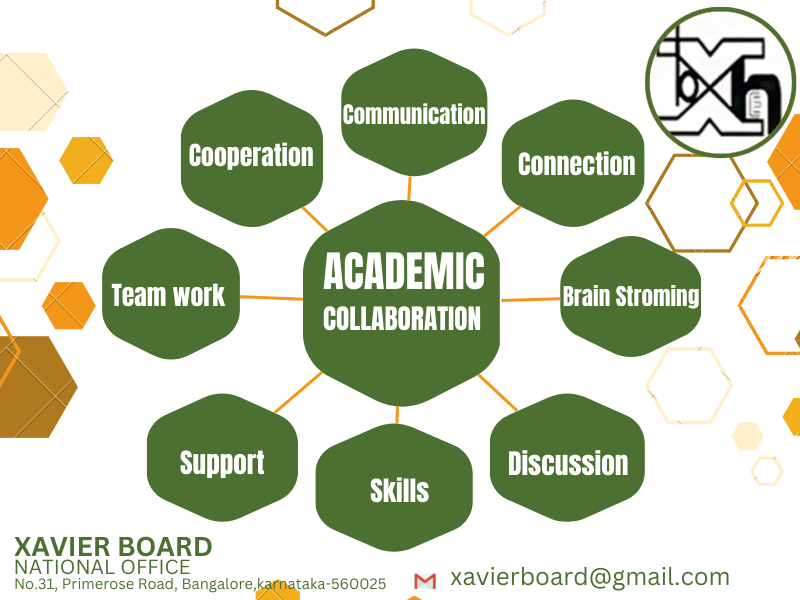The first row is for desktop, and second row is for Tab and Mobile.
You can right click on this text and use Navigator for easy editing. This text message is hidden on all screens using Advanced/responsive tab on left.
The first row is for desktop, and second row is for Tab and Mobile.
You can right click on this text and use Navigator for easy editing. This text message is hidden on all screens using Advanced/responsive tab on left.
The challenges of higher education in India today demand a significant shift in strategy for institutions around the idea of collaboration and the development of much deeper partnerships than higher education has ever seen before. We found that colleges have emerged from the previous era in different strategic positions. Collaboration in this new era involves colleges and universities coming together as seemingly one institution to change their future direction. National /Regional level Programs are arranged for the effective implementation of the academic collaboration.
The link provided in the website under Networking and Collaborations facilitate to express the areas of interest and categories for collaborations among Xavier Board institutions. The areas of networking / specialisations of the member colleges are given as faculty development programme, student development program, extension services, access to library, research, consultancy, curriculum development, sharing e-content, joint sports events, entrepreneurial development, collaborations for Seminars and Conferences etc. This will create a spirit of good will among the XB member institutions in sharing of resources – academic – infrastructural – technological-other e-resources. The unity and cooperation among the management, faculty and the students will enhance mutual enrichment and growth of the institution and its stakeholders.
Collaboration is key to the future of higher education. No matter the size or length of years of a higher learning institution, certain strategies can make collaborations and partnerships more effective and stay financially viable. Hence this initiative can bring about a definite change in the attitude and outlook of catholic higher educational institutions in India with a shared vision and responsibility benefitting from each other, enriching each other in mutually sustainable initiatives.
Partnerships between universities are beneficial to all, from the staff and students to the world as a whole. The rate of internationalization / Nationalisation is growing rapidly, with unhindered communication channels and inexpensive travel. Universities /Colleges /Institutes across the world are already seeking to make the most of the possibilities this presents by forming partnerships and fostering relationships with other institutions.
Collaboration can provide a much-needed boost and quickly in academic and co-curricular offerings for institutions without strengths in certain areas. By emphasizing collaboration, we can define this new era of higher education as one of growth through cooperation rather than retrenchment.

Research Collaborations:
Faculty Exchange with Partner Universities:
Student Exchange with Partner Universities:
Promotion of integrated studies for related studies:
Research Collaborations:
Submit your email to receive newsletters in your inbox
2024 @ Copyright. All Right Reserved.